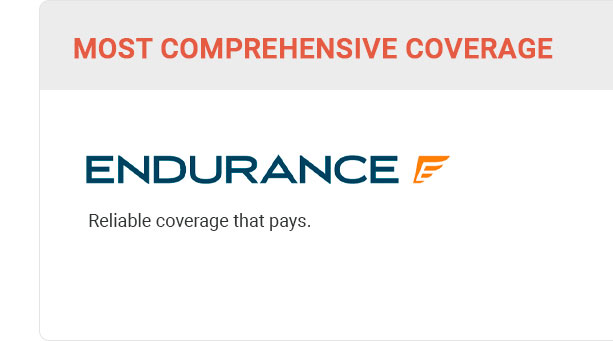 |
 |
 |
 |
 |
 |
 |
 |
 |
 |
|||
 |
 |
|||
 |
 |
|||
 |
 |
|
|||||||
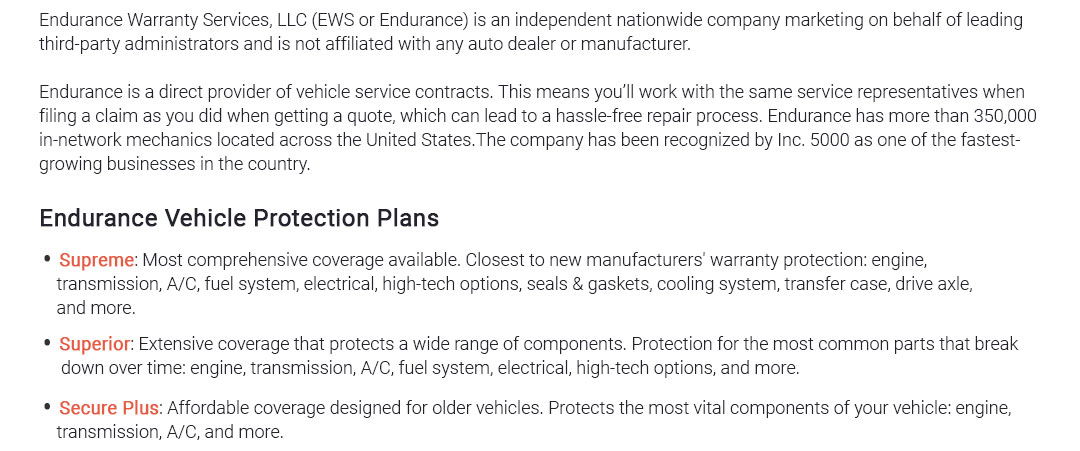 |
|||||||
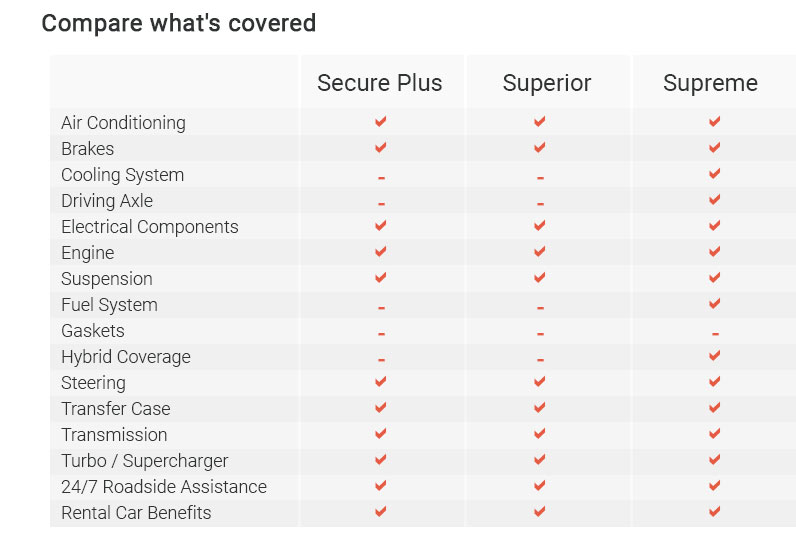 |
|||||||
 |
|||||||
 |
|||||||
|
|||||||
|
||||||
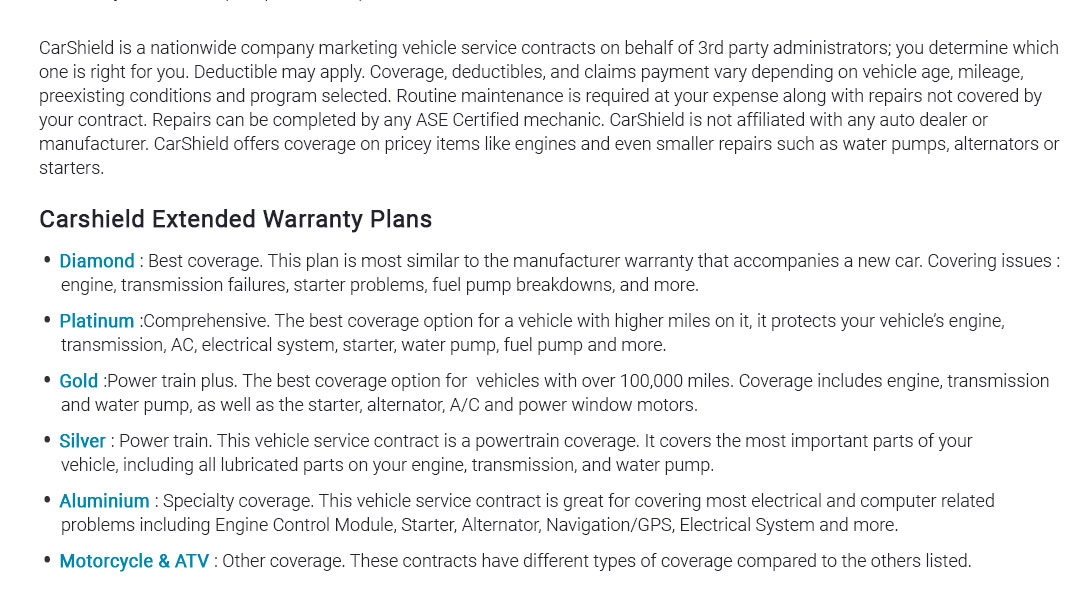 |
||||||
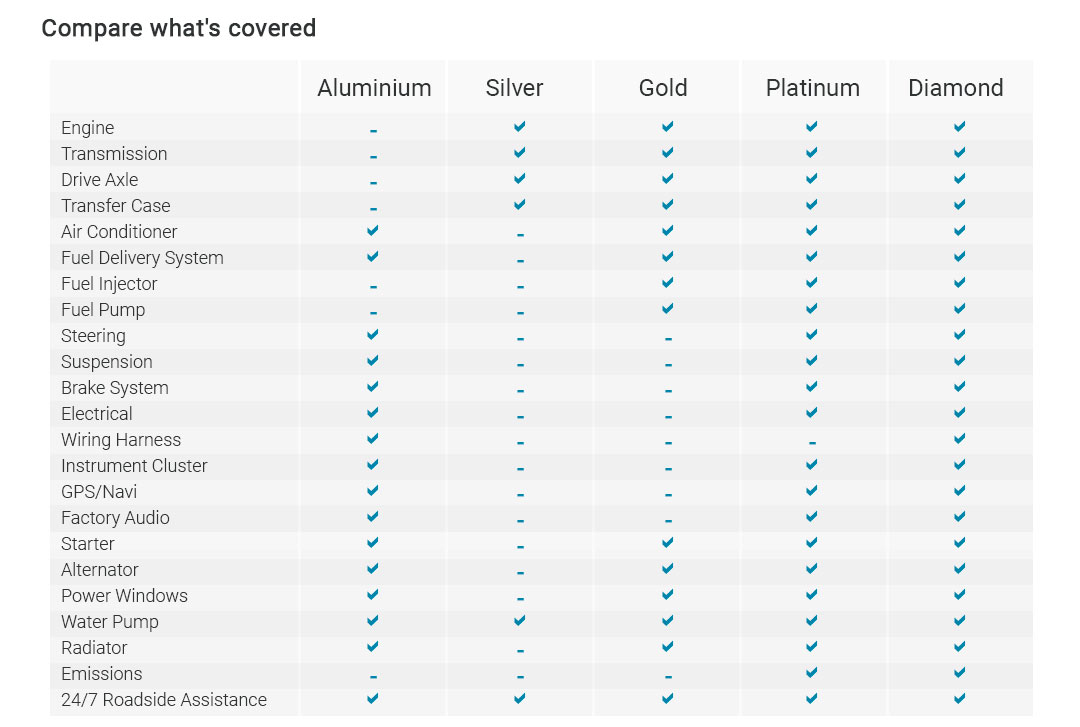 |
||||||
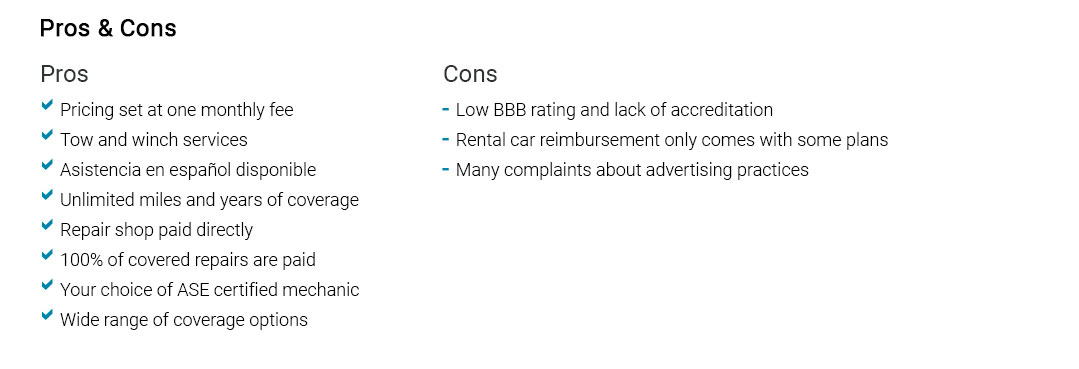 |
||||||
|
 |
 |
 |
 |
 |
 |
 |
|||
 |
 |
|||
 |
 |
Understanding Vehicle Repair Warranties: Expert Tips and AdviceIn today's fast-paced world, where vehicles are an indispensable part of our daily lives, ensuring their optimal functionality is paramount. A vehicle repair warranty plays a crucial role in safeguarding your investment. But what exactly does it entail? Let's delve into the intricacies of vehicle repair warranties, offering expert tips and advice for those venturing into this essential aspect of car ownership. First and foremost, a vehicle repair warranty is a promise made by either the car manufacturer or a third-party provider to cover the cost of repairs and replacements for a specified period. This coverage often extends to specific parts and labor, providing peace of mind against unexpected mechanical failures. However, navigating the world of warranties can be daunting, especially for newcomers. Thus, understanding the types of warranties available is imperative. Broadly speaking, there are three main types of vehicle repair warranties: manufacturer's warranties, extended warranties, and third-party warranties. The manufacturer's warranty, often included with the purchase of a new vehicle, covers defects and malfunctions for a certain period or mileage, whichever comes first. Once this expires, many car owners consider purchasing an extended warranty, which, as the name suggests, extends the coverage period beyond the initial warranty. These are typically offered by the manufacturer or dealerships and can vary significantly in terms of coverage and cost. Third-party warranties, on the other hand, are provided by independent companies and can offer more flexible terms. However, it's essential to exercise caution, as not all third-party providers are reputable. Conduct thorough research, read reviews, and scrutinize the fine print to ensure you are making a wise investment. When comparing options, consider factors such as coverage limits, deductibles, and whether the warranty includes roadside assistance or rental car reimbursement. In making a decision, one must weigh the vehicle's age, reliability, and your driving habits. For newer cars with a solid track record of reliability, the need for an extended warranty might be minimal. Conversely, if you drive an older model or a car with known issues, an extended or third-party warranty could be a prudent choice.
In conclusion, a vehicle repair warranty is an invaluable tool for managing potential repair costs, but it's not a one-size-fits-all solution. Carefully assess your needs, do your homework, and don't hesitate to consult with a trusted mechanic or automotive expert. Armed with knowledge and due diligence, you can make a decision that ensures your vehicle remains a reliable companion on your journeys. https://consumer.ftc.gov/articles/auto-warranties-and-auto-service-contracts
An auto warranty is a promise to fix certain defects or malfunctions during a specific timeframe after you buy a vehicle. https://www.autocare.org/government-relations/current-issues/Magnuson-Moss-Warranty-Act
2302(c), the Magnuson-Moss Warranty Act (MMWA) prevents manufacturers from using disclaimers on warranties in an unfair or misleading manner. The MMWA prohibits ... https://www.libertymutual.com/vehicle/auto-insurance/coverage/car-repair-insurance
This means that we'll make the arrangements for your repairs and guarantee them for as long as you own your vehicle, should you choose to have it repaired at ...
|



